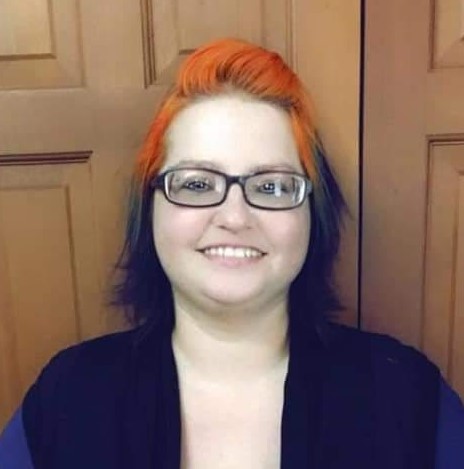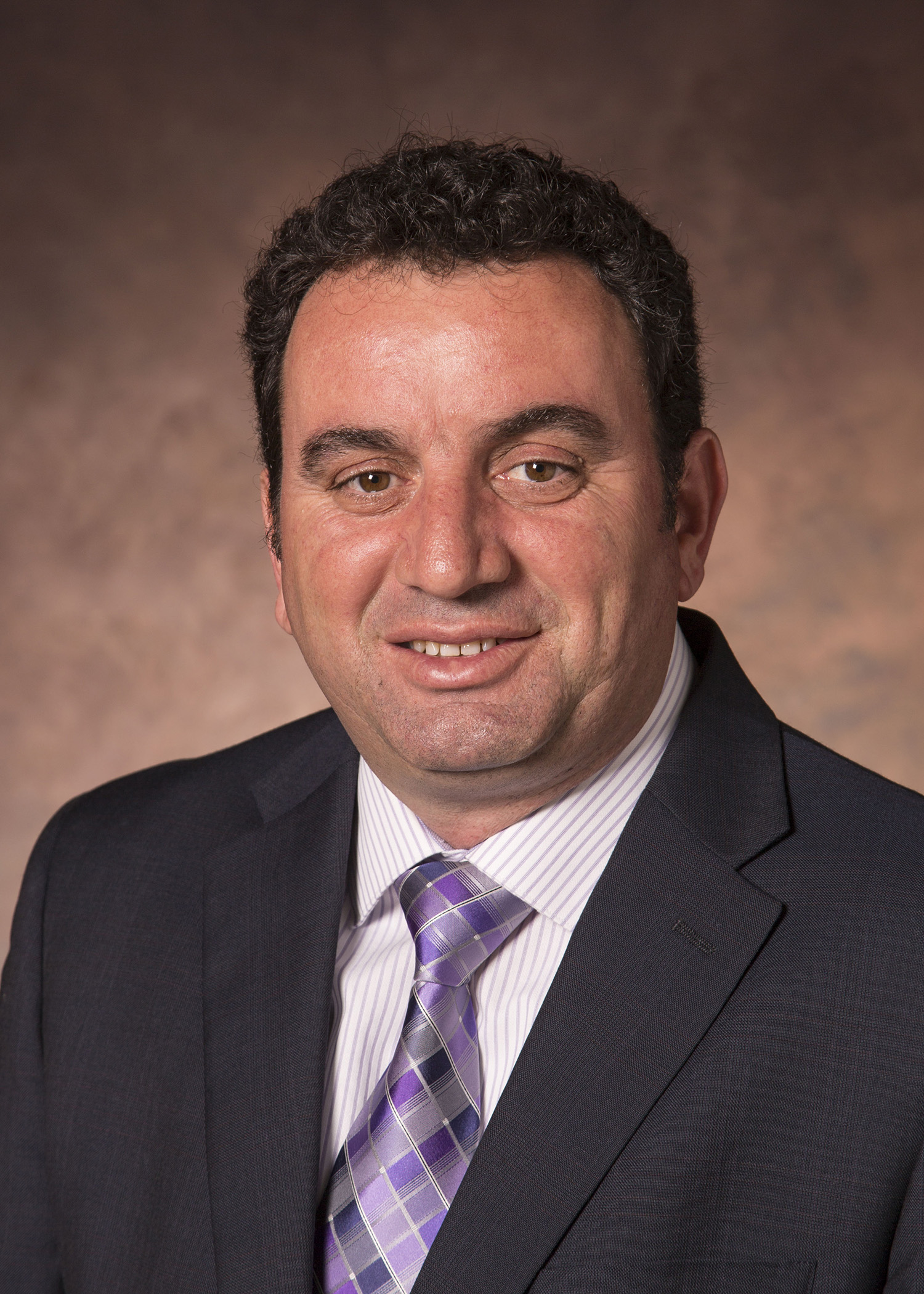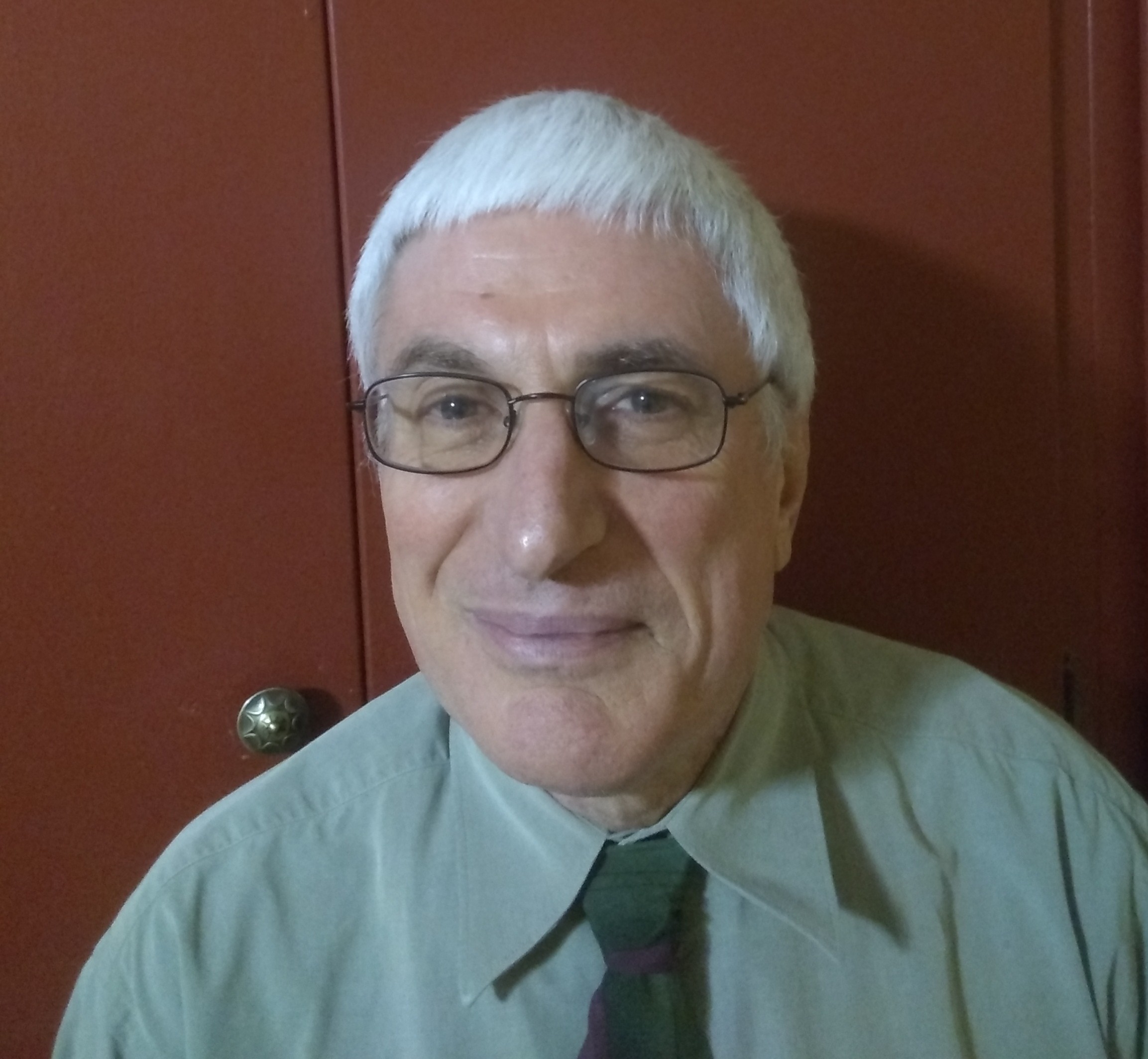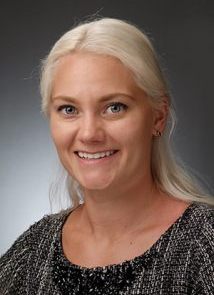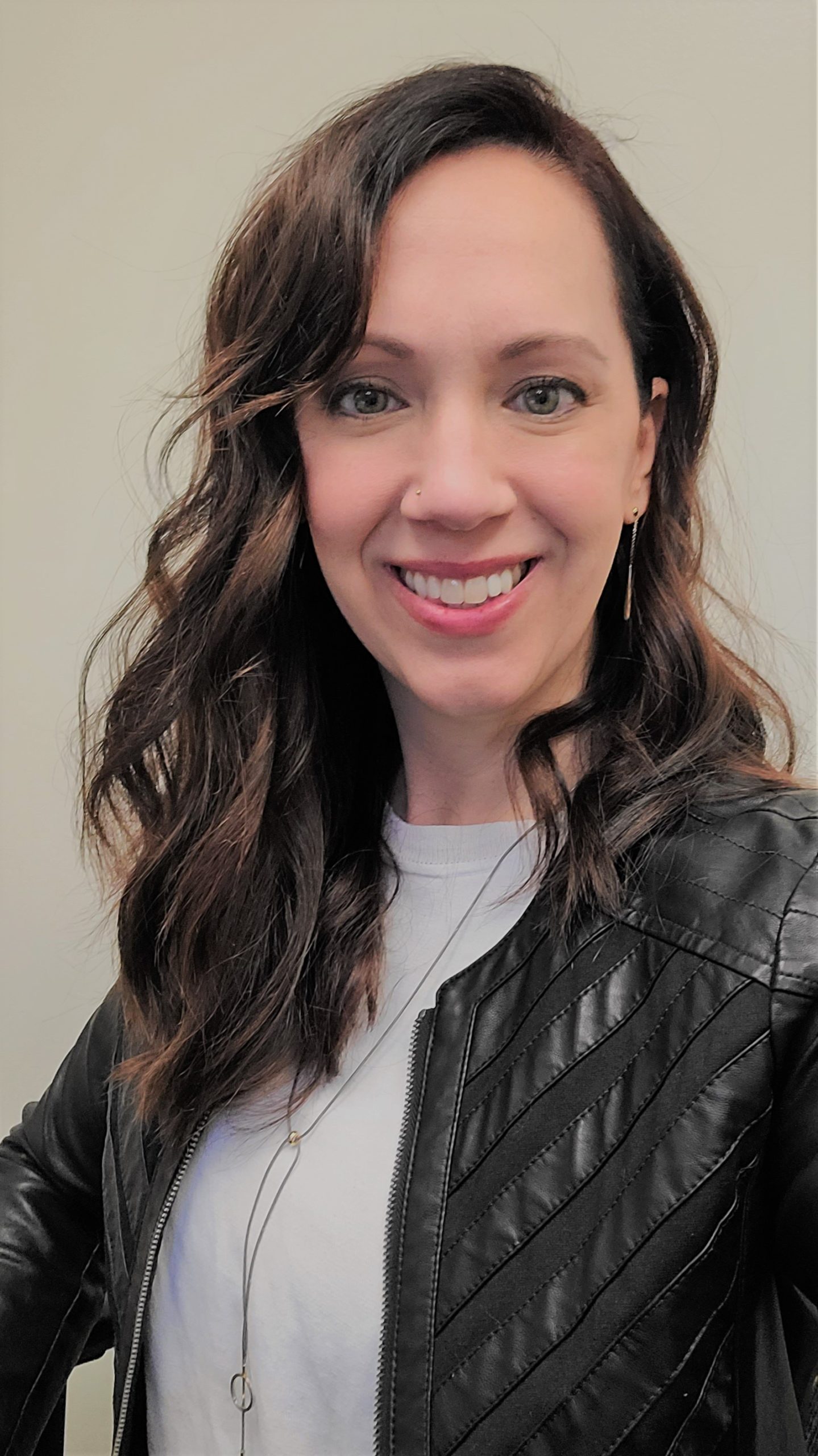A review of pharmacologic treatment for cocaine use
Speaker(s):
Presentation:
Similar to 2021 presentation by writer on methamphetamine use disorder and evidence of pharmacologic intervention, this presentation would be very similar although for cocaine use. The presentation would include: DSM-5 diagnostic criteria, clinical presentation both acute and chronic, pharmacology, review of literature for pharmacologic treatment, and incorporation of clinical case.
Objectives:
-
Compare and contrast pharmacologic agents used in the treatment of stimulant use disorder, specifically cocaine.
-
Identify patients who could benefit from medication therapy.
-
Develop a patient-centered treatment plan considering patient-specific factors such as co-morbidities and socioeconomic parameters.

